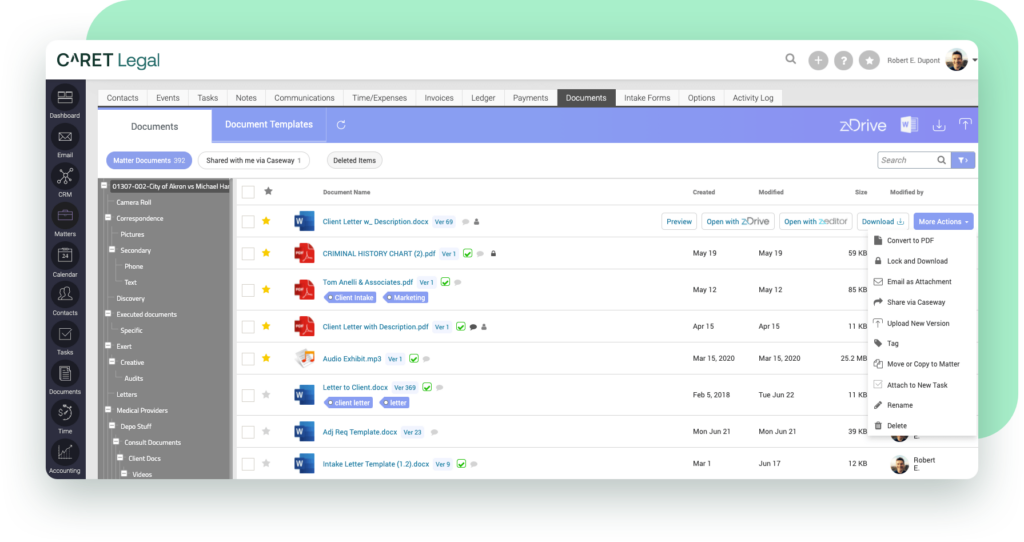By leveraging case management software, automation, and secure compliance features, family law attorneys can enhance their approach to financial reporting in child support cases.
For family law attorneys, tracking financial reports in child support cases is crucial to securing fair and accurate support arrangements. Inaccuracies or delays can lead to unfair payments, legal setbacks, and dissatisfied clients. By implementing specialized tools and strategies, attorneys can efficiently manage these reports, ensuring precision and timely updates that support their clients’ best interests.
The Importance of Accurate Financial Tracking in Child Support Cases
Accurate financial tracking lays the foundation for equitable child support arrangements and ensures that any changes in financial status or income are properly documented and accounted for. When finances are in flux due to income variability or inconsistent payment schedules, reliable tracking becomes even more vital. By carefully monitoring these elements, attorneys can prevent disputes and facilitate smoother modifications when financial circumstances change.
For instance, a parent with irregular income might have fluctuating contributions, complicating the calculation of support payments. Precise tracking of financial changes allows attorneys to demonstrate these fluctuations clearly, ensuring that support payments remain fair and adaptable over time.
Utilizing Case Management Software for Financial Document Organization
Keeping financial records organized is critical in child support cases, where accurate documentation is essential for preparing hearings and reducing errors. Case management software offers family law attorneys an efficient way to categorize, store, and retrieve financial documents with ease. For example, CARET Legal’s case management features allow attorneys to manage a high volume of documents in one secure, centralized location. By tagging and categorizing files for quick access, attorneys can significantly reduce preparation time for hearings. Rather than sifting through stacks of paperwork, attorneys can retrieve client documents with just a few clicks, enabling them to respond promptly to case developments or client inquiries.

Automating Financial Calculations and Reporting
Automation tools simplify the often complex financial calculations involved in child support cases, including income calculations, deduction assessments, and payment schedules. By automating these calculations, attorneys can save time and reduce the risk of human error, providing clients with greater transparency.
Automated reporting capabilities, for instance, can generate monthly summaries, payment histories, and tracking reports. These automated reports give clients a clear view of financial activities, fostering trust and transparency. With automation, attorneys also spend less time manually updating records, allowing them to focus on providing strategic counsel.
Ensuring Compliance and Confidentiality in Financial Reporting
Compliance and confidentiality are non-negotiable in financial reporting. Family law attorneys handle sensitive information, making it crucial to use secure, compliant platforms that uphold data privacy standards. These tools track all updates and access to financial data, which is essential for maintaining legal standards and building client trust. In cases of audit or dispute, attorneys can use these detailed trails to demonstrate adherence to compliance standards.
Enhance Your Firm’s Approach To Financial Reporting
By leveraging case management software, automation, and secure compliance features, family law attorneys can enhance their approach to financial reporting in child support cases. For attorneys committed to accuracy and transparency, tools like CARET Legal’s legal practice management software offer a path to more streamlined and effective financial tracking, improving both case outcomes and client satisfaction.
